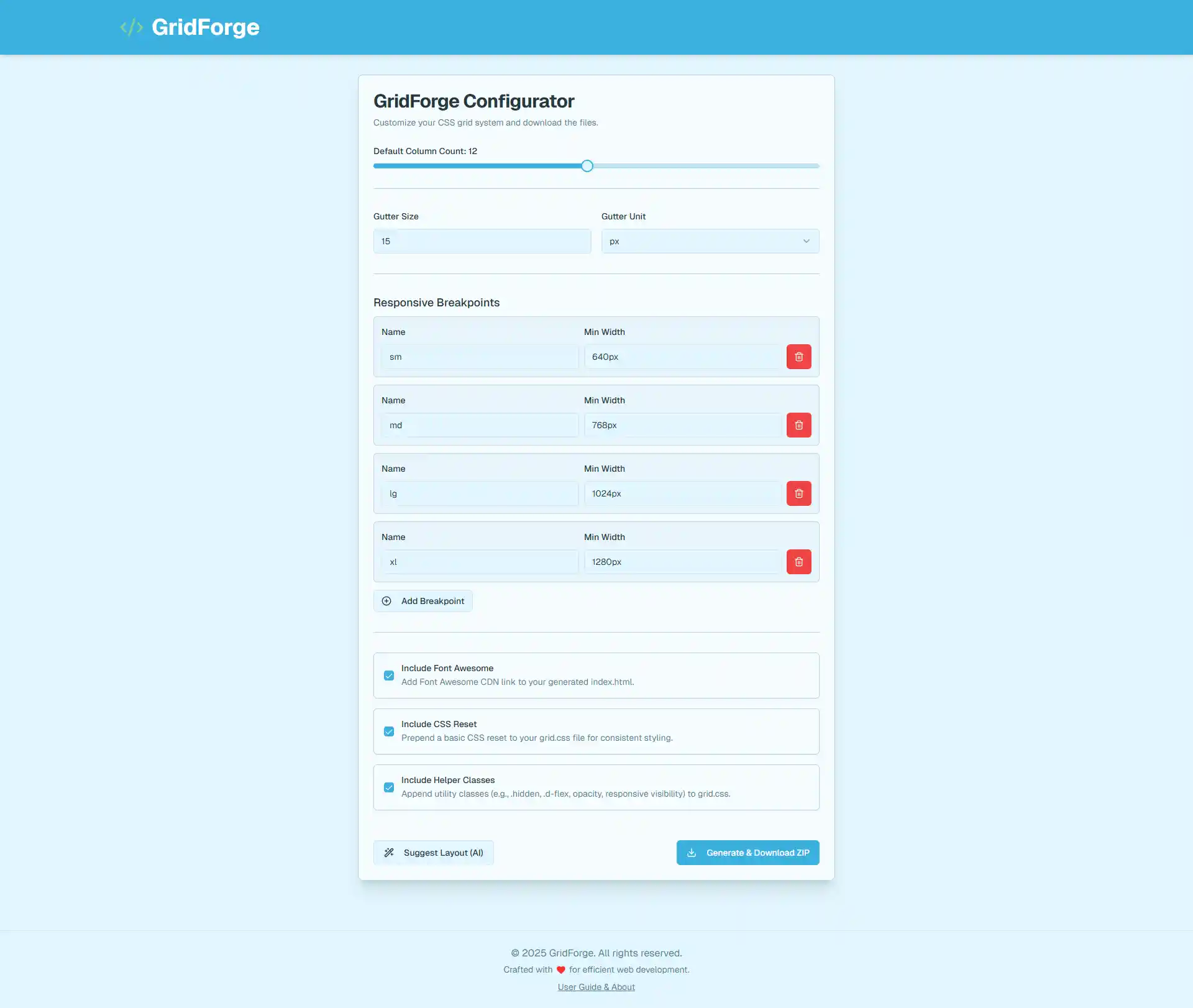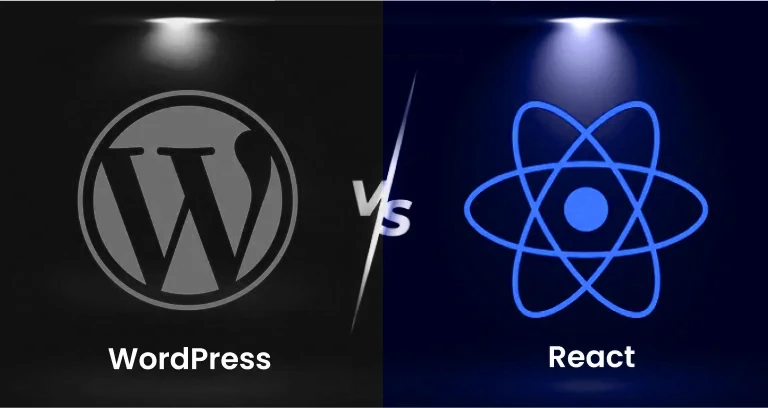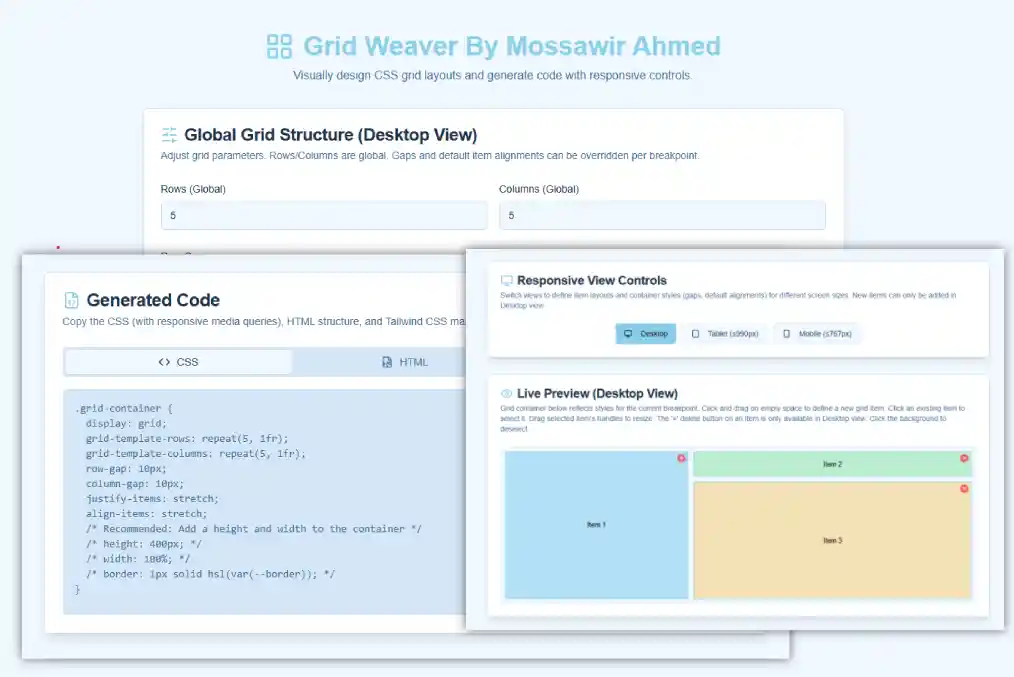
When building a website, one of the first questions many businesses face is whether to choose an out-of-the-box CMS like WordPress or to develop a custom-built solution using modern technologies like React or Angular. While custom-built CMS platforms can be incredibly powerful and tailored to specific needs, there are several reasons why WordPress remains a popular and practical choice for many projects.
In this blog post, we’ll break down the key differences, the pros and cons of custom-built CMS solutions (like those developed with React and Angular), and why WordPress still holds its own for a majority of websites.
A custom-built CMS refers to a content management system developed from scratch using modern technologies like React.js, Angular.js, or other JavaScript frameworks. Instead of using a pre-existing platform, developers create a system tailored to specific business requirements.
Custom CMS solutions provide flexibility in terms of design, features, and scalability, but they also require more time, expertise, and ongoing maintenance compared to platforms like WordPress.
A custom-built CMS allows developers to create every feature and functionality exactly as needed. This can be ideal for businesses with unique workflows, specific user requirements, or complex technical needs.
Because a custom CMS is built specifically for your website, it can be highly optimized for performance. Developers can avoid unnecessary code or features, ensuring that the website runs as efficiently as possible.
A custom CMS can be built with scalability in mind, ensuring that the website can grow as the business grows without major changes to the underlying system.
Custom CMS platforms give developers control over the security architecture, which means fewer vulnerabilities compared to a widely used platform like WordPress. With fewer known exploits, a custom-built CMS can be more secure against hacking attempts.
Creating a custom-built CMS from scratch is a time-intensive process. It requires careful planning, design, coding, and testing to ensure everything works smoothly. This can significantly extend project timelines compared to using WordPress.
Building a custom CMS is not only time-consuming but also expensive. Development costs are much higher since you’re paying for bespoke coding, design, and often ongoing support and updates.
Once a custom CMS is developed, you will need ongoing maintenance to fix bugs, add new features, and update security measures. This requires a dedicated development team or long-term contracts with external developers.
A custom-built CMS does not benefit from the vast community support or the extensive plugin ecosystem that WordPress has. This means every new feature or update will need to be coded from scratch, rather than simply installing a plugin.
WordPress is well-known for its SEO friendliness, with many plugins (like Yoast SEO) making it easy to optimize content for search engines. Custom-built CMS platforms, on the other hand, require SEO features to be developed from scratch, which can be time-consuming and expensive.
For most small to medium-sized businesses, WordPress is the ideal CMS due to its ease of use, affordability, and scalability. It’s well-suited for websites with standard needs such as blogs, portfolios, small e-commerce stores, and corporate sites.
However, if your website requires highly specialized features, complex workflows, or you need total control over performance and scalability, a custom-built CMS using technologies like React or Angular might be worth the investment.
Ultimately, your choice should depend on the specific needs of your project, the available budget, and the timeline for development. For many businesses, the convenience and flexibility of WordPress far outweigh the additional control and customization offered by a custom-built CMS.




At Mossawir.com, we are committed to protecting the privacy of our clients and website visitors. This Privacy Policy outlines how I collect, use, and protect your personal information when you visit our website or engage with our services.
I collect the following types of information to provide better services to our clients:
I use the collected information to:
I do not sell or rent your personal information to third parties. Your information will only be shared when necessary to fulfill your project requirements or comply with legal obligations.
My website uses cookies to enhance your browsing experience. Cookies help us understand how you use our website and allow me to offer personalized content or services. You can control or disable cookies through your browser settings, but please note that some features of our website may not function properly if cookies are disabled.
I implement a variety of security measures to safeguard your personal and project-related information. While I strive to use commercially acceptable means to protect your data, no method of transmission over the internet is 100% secure. Therefore, we cannot guarantee its absolute security but work diligently to prevent unauthorized access.
I may use third-party tools or services to improve our website or deliver our services. These third parties may collect information about your interaction with my website. However, I ensure that any third-party services we use adhere to strict privacy and security standards.
You have the right to:
To exercise these rights, please contact me using the information provided below.
I may update this Privacy Policy from time to time to reflect changes in our practices or legal obligations. The updated policy will be posted on this page, and the effective date will be revised accordingly.
If you have any questions or concerns regarding this Privacy Policy or how we handle your data, please contact us at:
By using my website and services, you agree to the terms of this Privacy Policy.
I take client confidentiality very seriously and am committed to maintaining the privacy and security of all information shared during our project. Below are the key principles I adhere to:
Confidential Information
Any information you provide, including business details, design specifications, proprietary data, or any other sensitive material, will be treated as strictly confidential.
Non-Disclosure
I will not disclose, share, or use any confidential information for any purpose outside the scope of your project. Information shared will be used solely for the purpose of delivering the services you've hired me for.
Data Security
All files, assets, and credentials will be stored securely, ensuring that no unauthorized third parties can access your information. Upon project completion, sensitive data will be properly stored or destroyed, as per our agreement.
Third-Party Involvement
If third-party collaboration is required, I will ensure that any partners or subcontractors adhere to the same confidentiality standards.
Ownership of Work
All project-related files, code, and design materials developed during the project remain your intellectual property, and no elements will be reused or shared without your consent.
Post-Project Confidentiality
Even after the project is completed, all confidential information shared will continue to be protected.